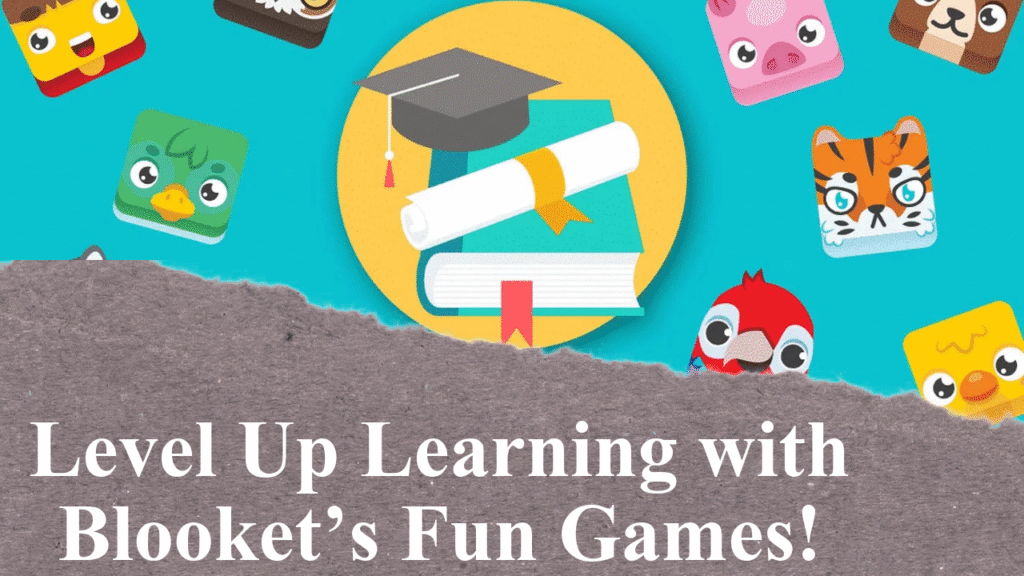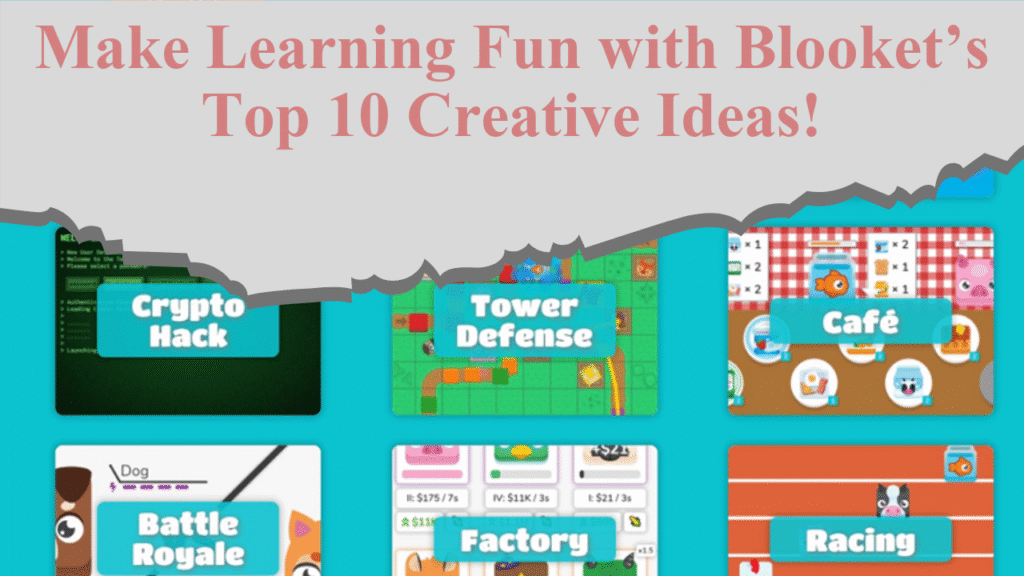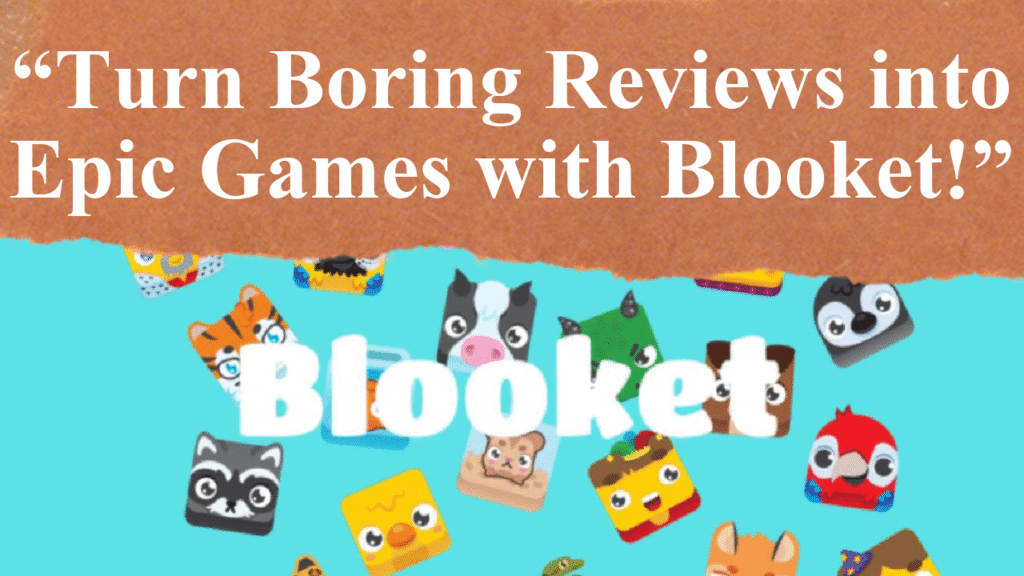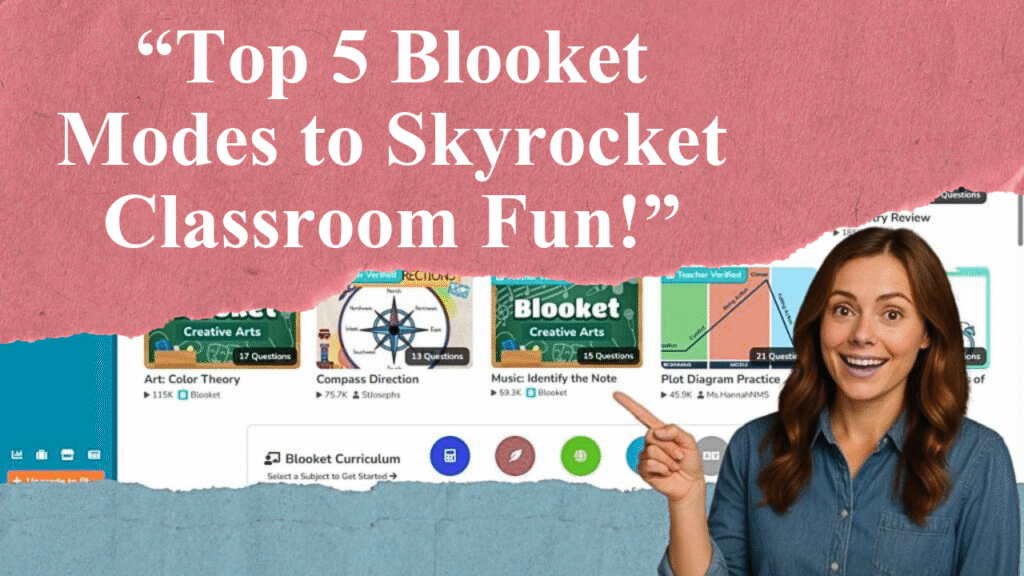Blooket transforms hybrid classrooms by blending in-person and virtual learning through engaging, gamified quizzes. It fosters student participation, supports diverse learning styles, and provides real-time feedback for teachers. Despite challenges like digital access, Blooket’s game modes enhance collaboration and motivation, making it a vital tool for modern education.
Blooket’s Role in Hybrid Education
Hybrid classrooms, combining in-person and virtual learning, have become a cornerstone of modern education, offering flexibility and accessibility. Blooket, a gamified learning platform, has emerged as a powerful tool to enhance these environments. By turning traditional quizzes into interactive games, Blooket bridges the gap between physical and digital classrooms, fostering engagement and collaboration.
Blooket allows teachers to create or use pre-existing question sets tailored to their curriculum, with game modes like Tower Defense, Battle Royale, and Cafe Mode. These modes cater to various learning styles, encouraging active participation from both in-person and remote students. For instance, in a hybrid math class, students in the classroom and those joining via video conferencing can compete in real-time, answering questions to earn points or progress in the game. This setup promotes a sense of community, as noted in a 2023 guide, which highlights Blooket’s ability to foster team-building through multiplayer games.
The platform’s flexibility is key in hybrid settings. Teachers can host live games using a Game ID, enabling seamless participation across devices, whether students are at home or in class. Alternatively, Blooket supports asynchronous learning by assigning games as homework, allowing students to review concepts at their own pace. A 2024 study emphasized that 73% of teachers reported increased student engagement with hybrid learning tools like Blooket, underscoring its impact.
Blooket’s real-time feedback is another advantage. Teachers receive instant data on student performance, identifying areas needing support. For example, in a science class, a teacher can analyze game reports to pinpoint which students struggle with specific concepts, enabling targeted interventions. This aligns with hybrid learning’s emphasis on personalized education, as adaptive technologies cater to individual needs.
However, challenges exist. Reliable internet access remains a barrier, with 17 million students lacking high-speed internet at home, potentially limiting participation. Additionally, some educators argue that Blooket’s fast-paced, competitive nature may overwhelm introverted students or those unaccustomed to gamified learning. A 2024 Reddit thread noted mixed student reactions, with some preferring traditional methods over Blooket’s “clickfest” style.
Despite these hurdles, Blooket’s versatility makes it a standout. Its diverse game modes ensure inclusivity, allowing visual, auditory, and kinesthetic learners to engage. For instance, Cafe Mode supports self-paced learning, while Battle Royale fosters competition. Schools like those using Blackboard Collaborate in Saudi Arabia have seen success with similar hybrid tools, suggesting Blooket’s potential for global impact.
Blooket also promotes equity by enabling students from varied backgrounds—rural, disabled, or working—to participate equally. Its privacy-focused design ensures no identifiable information is shared, addressing data security concerns. As hybrid learning grows, with 35% of students preferring a blend of in-person and online education, Blooket’s role in creating dynamic, inclusive classrooms is undeniable.
Disclaimer: This article is based on recent reports, educational studies, and online discussions about Blooket and hybrid learning. Data is sourced from web references and should be verified for accuracy. Always consult official educational platforms for implementation guidance.
[qwam_quiz_box]




